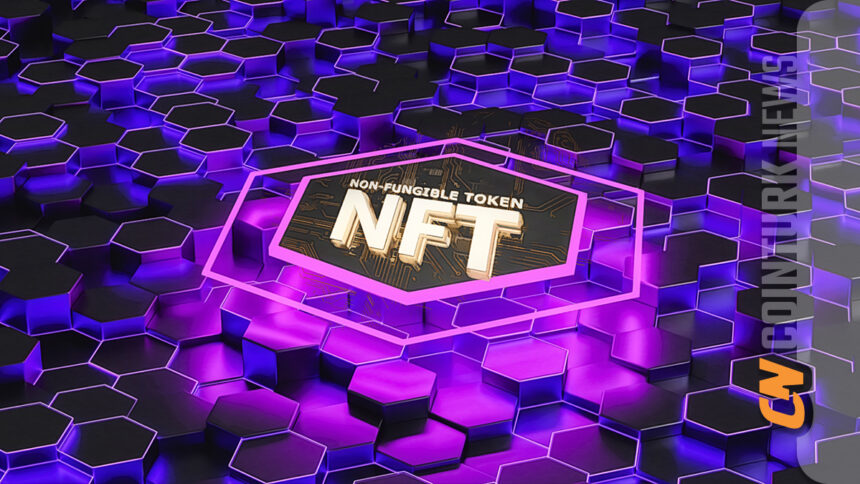In the cryptocurrency market, Bitcoin, along with many other projects, continues to bring smiles to investors’ faces. Meanwhile, the NFT market maintains its silence. Recently, many analysts believe that the focus will soon shift towards the NFT market. NFT company Yuga Labs announced it would withdraw its collections from NFT marketplaces that do not support creator royalties. Here are the significant headlines that marked the week.
Significant Step from Yuga Labs Team
On February 26th, Yuga, the company behind the popular Bored Ape Yacht Club (BAYC) and Mutant Ape Yacht Club (MAYC) collections, announced that some of its NFT collections would only be traded on marketplaces that respect content creators’ royalty rights:
“Royalties are the lifebuoy that allows content creators to develop fun, quirky, and innovative activations in this space.”
Yuga Labs will withdraw support for marketplaces without copyright, affecting only certain NFT collections. This decision includes collections with a copyright filter, such as Sewer Passes, HV-MTL, 10KTF, Otherside, and more.

Yuga Labs’ withdrawal of support for non-royalty NFT marketplaces coincides with Magic Eden’s launch of its Ethereum-based marketplace. According to Yuga, Magic Eden’s contract-based royalty implementation could lead the space back to a creative-led Web3.
NFT Debate Continues in South Korea
South Korea‘s financial authorities are preparing to discuss with the Chairman of the United States Securities and Exchange Commission, Gary Gensler, whether NFTs will be recognized as crypto assets. On February 26th, local media outlet Edaily reported that Lee Bok-hyun, the head of South Korea’s Financial Supervisory Service (FSS), will start discussions with Gensler in May. According to the report, there is currently no clear legal definition for NFTs in the country.
Furthermore, the South Korean laws set to take effect in July have excluded NFTs from the crypto asset category. This is because lawmakers believe the risk associated with NFT markets is low since they are mostly bought and sold for trading purposes.
Therefore, the discussions will focus on NFTs and whether they will be included and classified as crypto assets. The FSS also announced that the meeting schedule and agenda have not yet been finalized.
Notable Accusation in the United States
A cyber analyst from the United States Air Force is accused of defrauding investors using two Solana-based NFT collections. On February 21st, 24-year-old Air Force analyst Devin Alan Rhoden and 20-year-old Berman Jerry Nowlin Jr. were charged with conspiracy to commit wire fraud and money laundering. If found guilty, the duo could face up to five years in federal prison.
The pair launched three NFT collections based on Solana: Undead Apes, Undead Lady Apes, and Undead Tombstone, convincing investors to send them crypto assets worth at least $300,000 in exchange for NFTs.
The charges allege that the duo made material misrepresentations, including claiming to be in collaboration with a well-known NFT project to attract investors to their projects. However, when the project denied any association with Rhoden and Nowlin Jr.’s collections, NFT prices began to fall. By that time, the pair had already converted the crypto assets they received from investors into dollars.










